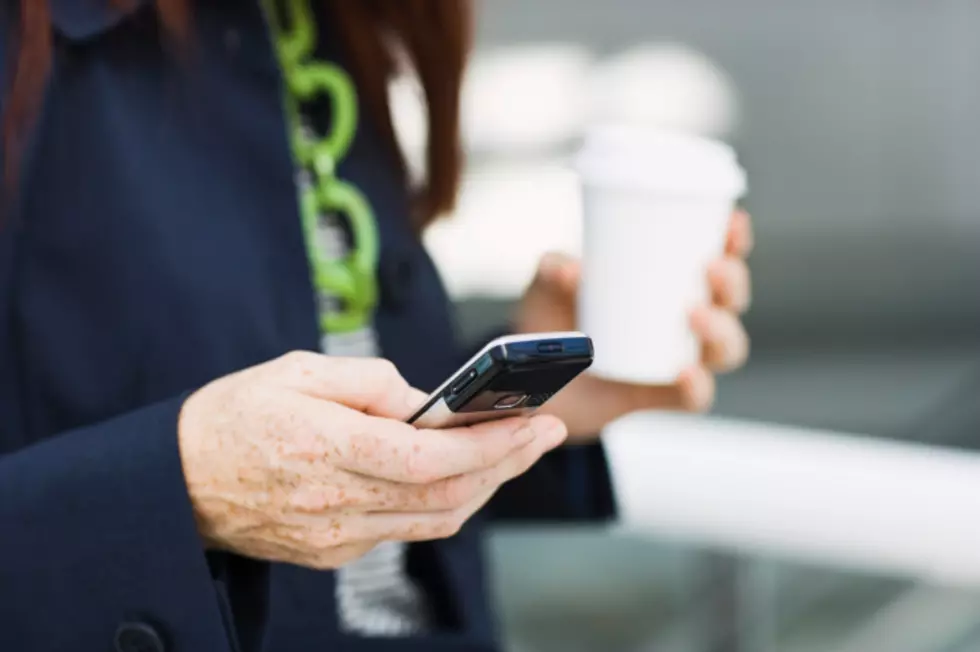
How To Break Up With Your Cell Phone – Take The 7 Day Challenge
Do you have a cell phone dependency? Do you pick up your cell to check it and find yourself still aimlessly scrolling an hour later? Is your phone constantly by your side? Do you want to spend less time on your phone but don’t know how to do it? If this sounds like you, you might want to learn "how to break up with your phone."
That is the title of a new book by award-winning journalist Catherine Price. The book covers how phones and apps are designed to be addictive and how the time we spend on them can affect our ability to focus, think deeply, and form new memories. She recommends customizing your settings, apps, environment, and mindset to take control of your cell phone obsession.
More Health Tips from Robin
While not officially recognized as a mental health disorder, it is a real phenomenon affecting many people. Smartphones provide instant gratification and constant entertainment. Signs of a cell phone dependency include an inability to go without it for extended periods and irritability when separated from your phone.
Adolescents and young adults are particularly susceptible, with approximately 20%–30% experiencing phone addiction. Girls tend to use phones for social interaction, while boys engage in gaming applications. Early phone ownership also increases the likelihood of addictive behaviors.
The point isn't to get rid of your phone; it's to create a healthier relationship with it. She says the only prerequisite is a desire to be happier, healthier, less stressed, more productive, and better rested. Good Morning America featured a 7-day phone breakup challenge, which is a good place to get a taste of the full 30-day challenge. Check out a step-by-step guide to the challenge and the new book - "How To Break Up With Your Phone."
In the meantime, here are a few tips...
- 1
Be Aware
Recognize triggers to picking up your phone.
- 2
Reduce Notifications
Change your settings to eliminate push notifications and other disruptive alerts.
- 3
Track Screen Time
Monitor daily use. We are often surprised at how many hours we spend on our phones.
- 4
Set Boundaries
Set tech-free time every day and stick with it. Create tech-free zones, such as your bed.
- 5
Design Barriers
Create physical barriers, such as charging your phone away from your nightstand. Put your phone in the backseat while driving.
- 6
Change Settings
Remove time-consuming apps from your phone and access them through a device you don’t carry with you all day. Create lock screen questions like “Why now?” and “What for?”
- 7
Develop Cell-Free Interests
Develop hobbies that feed your soul. Replace the games and social media apps with hands-on, real-world activities, like meeting up with friends, creating music or art, or doing volunteer work.
- 8
Overcome Setbacks
Brief relapses, adjustments, and withdrawal symptoms are part of a journey toward healthier phone use. Don’t expect to get it right immediately. Expect some setbacks, and learn from each experience.
More From Lite 96.9 WFPG









